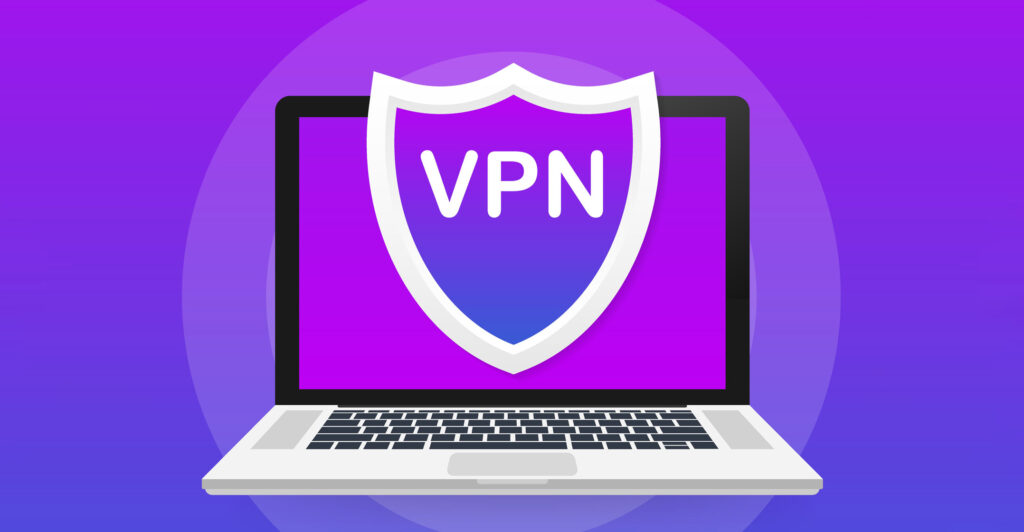The issue of cybersecurity has grown critical in today’s hyperconnected world, where companies, governments, and tech-driven organizations depend more than ever on the internet. A virtual private network (VPN) is among the easiest-to-use solutions for safeguarding corporate and personal data as cyber threats change. Although premium services are more common, free VPN options are becoming more popular and provide a host of advantages to consumers in many industries. We will examine the benefits of using free VPNs in terms of security in this post, with a focus on business, politics, and technology.
Safeguarding Business Communication
Businesses can benefit greatly from free VPN services, particularly small and medium-sized firms (SMEs) that might not have substantial funding for cybersecurity. One of a virtual private network’s key purposes is data encryption, which keeps private data safe from hackers and illegal third-party monitoring. Examples of this kind of information include emails, financial transactions, and customer information.
Data breaches cost $4.45 million on average worldwide in 2023, according to an IBM estimate. This figure emphasizes how important it is to have strong cybersecurity, especially for smaller companies. When using public or insecure Wi-Fi to access workplace networks, remote workers can be shielded from security vulnerabilities and internal communication by using a free VPN. Safe remote connectivity is essential in today’s increasingly distant workforce.
Enhancing Political Privacy
Privacy is critical in the political sphere because sensitive information frequently determines whether an individual will succeed or fail. Secure means of communication are essential for government officials, journalists, and political activists, particularly in areas where internet freedom is restricted. For these people, free VPNs offer a crucial tool for avoiding censorship and protecting their privacy.
Free VPNs, for instance, have been extremely important in nations where there is political repression. Over 40% of people on Earth reside in nations with limited internet freedom, according to Freedom House. People can securely interact and access information with the use of free VPN services, which promotes openness and permits political dialogue in repressive settings. Anonymizing online behavior allows users to avoid being monitored or reported by authoritarian governments, which is important for anyone who support free speech and democratic ideals.
Facilitating Technological Innovation
The use of VPNs has grown commonplace in the tech industry. Secure and anonymous internet connection is essential for software testing, market research, and even viewing content that is restricted to a certain region. This applies to both open-source engineers and early-stage IT firms. Tech teams can, for instance, employ a free VPN to test how their websites or apps work in other nations with differing internet access and regulatory frameworks.
Furthermore, since freelancers and the gig economy are growing in the tech industry, free VPNs provide an easy approach to safeguard intellectual property without spending additional money. Whether a software engineer is creating proprietary code or a graphic designer is sharing confidential files with a customer, utilizing a free VPN provides an additional degree of security to make sure that unauthorized people cannot intercept important data.
Boosting Overall Security and Flexibility
A free VPN increases security and offers freedom to people and groups involved in politics, business, and technology. The increased sophistication of cyberattacks makes utilizing a VPN an additional line of defense against malware, phishing scams, and data breaches. Cybersecurity Ventures estimates that by 2025, cybercrime will have cost the global economy $10.5 trillion yearly. Free VPNs offer a first line of security that is accessible and helps to lessen vulnerability to these increasingly dangerous attacks.
Free VPNs can also assist political groups and companies in getting beyond geographical limitations, which makes it simpler for them to access tech resources, international markets, and political news. Being able to get beyond geo-blocks and government censorship enables users to keep up with global trends and advances in a world growing more interconnected by the day.
Conclusion
Although paid VPN services frequently have more sophisticated capabilities, free VPNs are still very beneficial for companies, governments, and IT experts. It is impossible to overestimate the benefits of free VPNs, which range from protecting private correspondence and getting around censorship to promoting international innovation and enabling remote work. The use of free VPN services is projected to increase as more industries adopt digital tools, giving crucial privacy and security to those who most need it. In a world where cyberattacks are constant, free VPNs offer a strong, practical defense.







